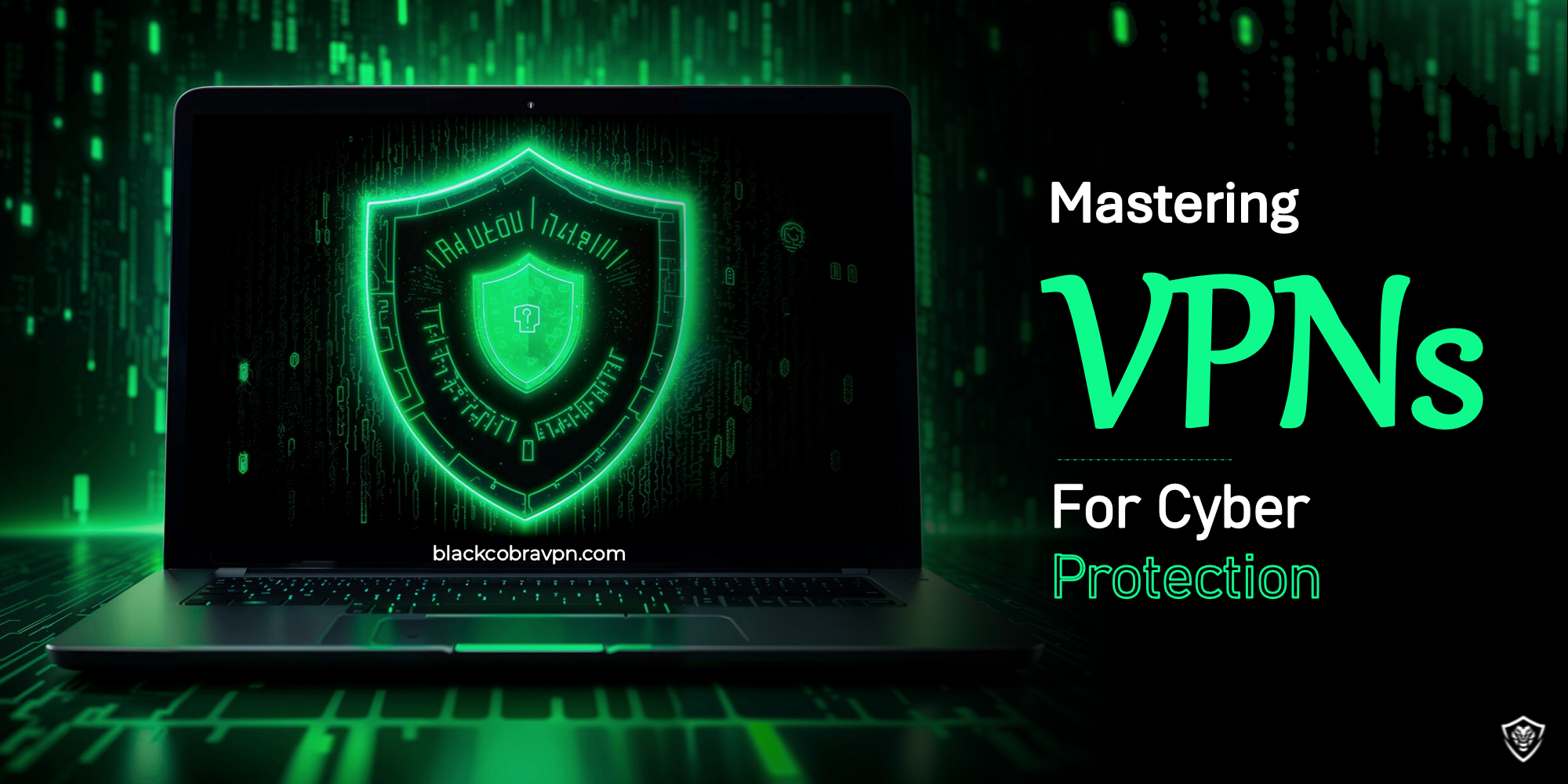Date Published:
August 30, 2025

With rising data breaches, targeted ads, and online surveillance, protecting your identity online is more difficult than ever. Every click, search, and login can potentially be tracked or intercepted by internet service providers, third-party advertisers, or even cybercriminals waiting on unsecured networks. The current state of internet privacy demands smarter and stronger protection strategies.
This is where VPNs (Virtual Private Networks) - come into play. They provide an effective shield by encrypting your internet traffic and masking your real IP address. VPNs help ensure that your digital activity remains private, allowing you to browse anonymously, securely, and without interference, whether you're on public Wi-Fi or accessing sensitive information.
In this blog, let’s go through how to use a VPN effectively for anonymous browsing and enhanced cybersecurity. You’ll cover the core technology behind VPNs, the benefits they bring, key features to look for, practical tips for anonymous use, and emerging trends shaping the future of online privacy.
A VPN acts as a secure intermediary between your device and the internet. When you enable a VPN, your online traffic is routed through a server operated by the VPN provider. This process encrypts your data converting it into unreadable code - and replaces your real IP address with the server’s, making it appear as though you’re accessing the internet from a different location. VPNs use industry-standard encryption protocols such as AES-256-bit encryption, which is the same level used by banks and governments. Coupled with secure tunnels like WireGuard, OpenVPN, or IKEv2/IPSec, this creates a nearly impenetrable data path. This means ISPs, hackers, and network administrators can’t monitor what you’re doing online - even on unsecured public Wi-Fi networks. For users in restrictive regions or countries with internet censorship, VPNs also act as tools of digital liberation, helping bypass firewalls and access a truly open internet.
Using a VPN for anonymous browsing allows you to hide your IP address, making your online activity untraceable. It prevents websites, advertisers, and even your ISP from tracking your behavior. You can access geo-restricted content, bypass censorship, and avoid targeted ads. VPNs also stop browser fingerprinting, which uses device-specific information to track users across websites.
VPNs play a vital role in defending against cyberattacks, especially when you're using public Wi-Fi networks. A strong VPN encrypts your connection, preventing hackers from intercepting your data during transmission. It also protects against man-in-the-middle attacks and DNS spoofing. VPNs can mask your activity from malicious software and phishing attempts that aim to gather your login credentials or financial information.
To get the best experience from a VPN, you need more than just a basic connection. True online anonymity and strong protection require a robust combination of technical features and privacy-oriented policies. Not all VPNs are created equal- so here’s what you should expect from a high-quality VPN in 2025.
In a Nutshell:
For users who value total anonymity, anonymous payment methods are a bonus. VPNs that accept cryptocurrency, prepaid gift cards, or even cash give you the option to sign up without providing identifying financial information. Lastly, consider the jurisdiction of the VPN provider. Services based in privacy-friendly countries like Switzerland, Panama, or the British Virgin Islands are not subject to intrusive data retention laws or global intelligence alliances. This legal protection strengthens the service’s ability to reject surveillance requests.
While VPNs provide a strong layer of privacy, combining them with other tools can enhance your overall cyber protection. Using two-factor authentication (2FA) for logins adds an extra security step, making unauthorized access more difficult. Pairing your VPN with reputable antivirus software helps defend against malware and other threats that a VPN alone may not catch.
Additionally, installing tracker blockers in your browser prevents websites from monitoring your online activity. For ultra-secure communication, using encrypted messaging apps and secure email platforms is recommended. Layering these privacy tools together helps close potential gaps in your cybersecurity strategy.
The VPN server you choose can significantly affect both your connection speed and privacy. For faster speeds, it's best to connect to servers that are geographically closer to your location. If your priority is greater anonymity, consider connecting to servers in privacy-friendly regions or using multi-hop configurations that route your traffic through multiple locations for added security.
To maintain optimal performance, avoid using overcrowded servers and instead opt for those with low latency. Many VPN apps now include 'smart connect' features that automatically select the best server based on your current activity, ensuring a balanced experience between speed and privacy.
When you browse without a VPN, you're leaving your data exposed to multiple risks. ISPs can track and sell your browsing history. Hackers on public Wi-Fi can intercept your traffic. Advertisers build detailed profiles about you. In countries with censorship, authorities might monitor your activity. Without a VPN, your digital footprint is visible and vulnerable.
As threats evolve, VPNs are getting smarter. AI-driven VPNs will soon offer adaptive protection, adjusting server selection and protocols in real-time. Decentralized VPNs (dVPNs) are also on the rise, providing peer-to-peer privacy that’s harder to block or censor. With growing data regulations and increased digital surveillance, VPNs will play an even bigger role in helping users reclaim control over their online identities.
Using a VPN isn’t just about masking your IP it’s about reclaiming your freedom online. From hiding your identity to blocking cyber threats, a VPN serves as your digital armor. But its effectiveness lies in how you use it. Make VPN use a habit, integrate it with other tools, and stay informed about privacy risks. The internet is a powerful place but only if you know how to protect yourself within it.